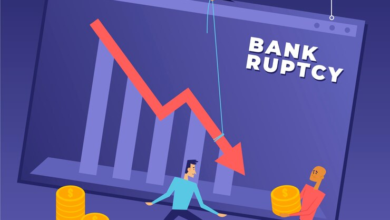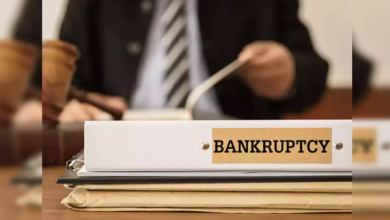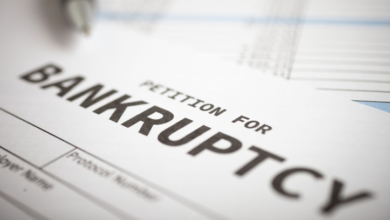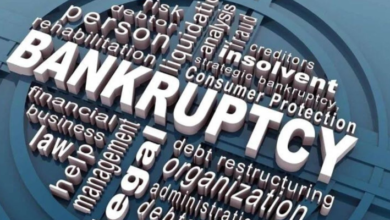What Disqualifies You From Filing Bankruptcies?
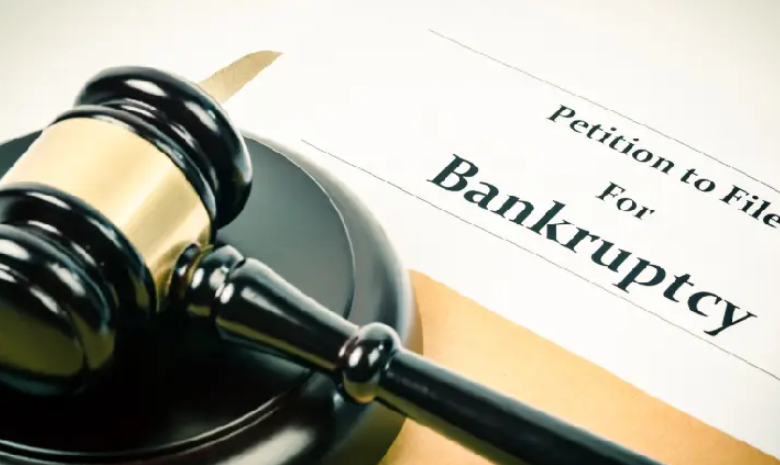
Disqualifies you from filing bankruptcies often leads individuals down a path of confusion and frustration. In this article, we’ll unravel the complexities surrounding bankruptcy eligibility to help illuminate your options and guide you toward financial clarity. Whether you’re facing mounting debts or exploring alternatives, knowing the limitations of bankruptcy will empower you in making informed decisions about your financial future. Let’s dive in!
Types of Bankruptcy
Bankruptcy isn’t a one-size-fits-all solution. Different types serve various needs, and understanding them is crucial.
Chapter 7 bankruptcy is the most common form. It allows individuals to wipe out unsecured debts quickly. A trustee sells non-exempt assets to pay creditors, providing a fresh start.
Then there’s Chapter 13 bankruptcy, designed for those with regular income. This option restructures debts into an affordable repayment plan over three to five years. It’s often chosen by homeowners looking to catch up on mortgage payments.
For businesses, Chapter 11 offers a chance to reorganize while continuing operations. Companies can negotiate with creditors and create a feasible plan for debt repayment.
Each type serves unique financial situations, allowing individuals or businesses to regain control over their finances in different ways. Understanding these options empowers you to make informed decisions about your financial future.
The Role of Creditors in the Bankruptcy Process
Creditors play a crucial role in the bankruptcy process. They are the individuals or institutions that you owe money to and have a vested interest in how your case unfolds.
When you file for bankruptcy, creditors must be notified. This can halt collection efforts like phone calls and lawsuits as soon as the automatic stay is in effect. It provides debtors with some breathing room to reorganize their financial lives.
Creditors also participate during meetings of creditors, known as 341 meetings. Here, they may ask questions regarding your financial situation and assets. Their goal is often to recover as much of what they’re owed as possible.
Additionally, not all debts can be discharged through bankruptcy proceedings due to specific regulations set forth by law. Creditors can challenge discharges if they believe there’s been fraud or misconduct involved on your part.
Common Reasons for Bankruptcy Disqualification
Filing for bankruptcy can seem like a lifeline, but not everyone qualifies. Understanding the common reasons for disqualification is essential.
One major reason is prior bankruptcies. If you’ve filed before and haven’t waited long enough, your application may be rejected. Timing matters in these situations.
Another issue arises from income levels. If your earnings exceed specific thresholds based on your state guidelines, you might not qualify for Chapter 7 bankruptcy, which offers liquidation of debts.
Additionally, failing to complete credit counseling can lead to automatic disqualification. This step must be done within six months before filing.
Fraudulent behavior during the process won’t go unnoticed. Any attempt to hide assets or misrepresent information will significantly jeopardize your chances of successfully filing for bankruptcy.
Debts That Cannot Be Discharged Through Bankruptcy
Certain debts remain stubbornly intact even after bankruptcy proceedings. Understanding these exceptions is crucial for anyone considering this option.
Student loans often take the lead in non-dischargeable debt. Unless you can prove undue hardship, they usually stay with you post-bankruptcy.
Tax obligations present another hurdle. Specific tax debts, especially those owed within a certain timeframe, don’t go away easily through bankruptcy filings.
Child support and alimony are also immune to discharge. Courts prioritize family obligations, ensuring these responsibilities persist despite financial struggles.
Debts incurred through fraud or willful misconduct are not discharged either. If creditors can demonstrate that your actions were fraudulent, expect these debts to stick around.
Government-backed loans may follow similar rules as student loans. They typically remain due regardless of your bankruptcy status.
Alternatives to Filing for Bankruptcy
If bankruptcy feels too drastic, consider negotiating directly with creditors. Open communication can lead to reduced payments or extended terms.
Debt management plans are another option. These involve working with a credit counseling agency that creates a structured plan for repayment. It can simplify your monthly obligations and potentially lower interest rates.
Another alternative is debt consolidation. This combines multiple debts into one loan, ideally at a lower interest rate. It streamlines payments and can make financial management easier.
For those facing temporary hardships, deferment or forbearance might be available on certain loans. This allows you to pause payments without defaulting.
Selling off non-essential assets could provide immediate cash to tackle pressing debts. Evaluate what items hold value but aren’t crucial for your daily life; this could lighten your financial load significantly.
Conclusion
Navigating the complexities of bankruptcy can be overwhelming. Understanding what disqualifies you from filing for bankruptcy is crucial for anyone considering this option. From specific eligibility criteria to certain debts that cannot be discharged, knowing where you stand is essential.
Remember that being informed empowers you to make the best decisions for your financial future. Whether it’s negotiating with creditors or exploring debt management plans, there are paths available beyond filing for bankruptcy. Take the time to assess all possibilities and choose wisely based on your unique circumstances.
